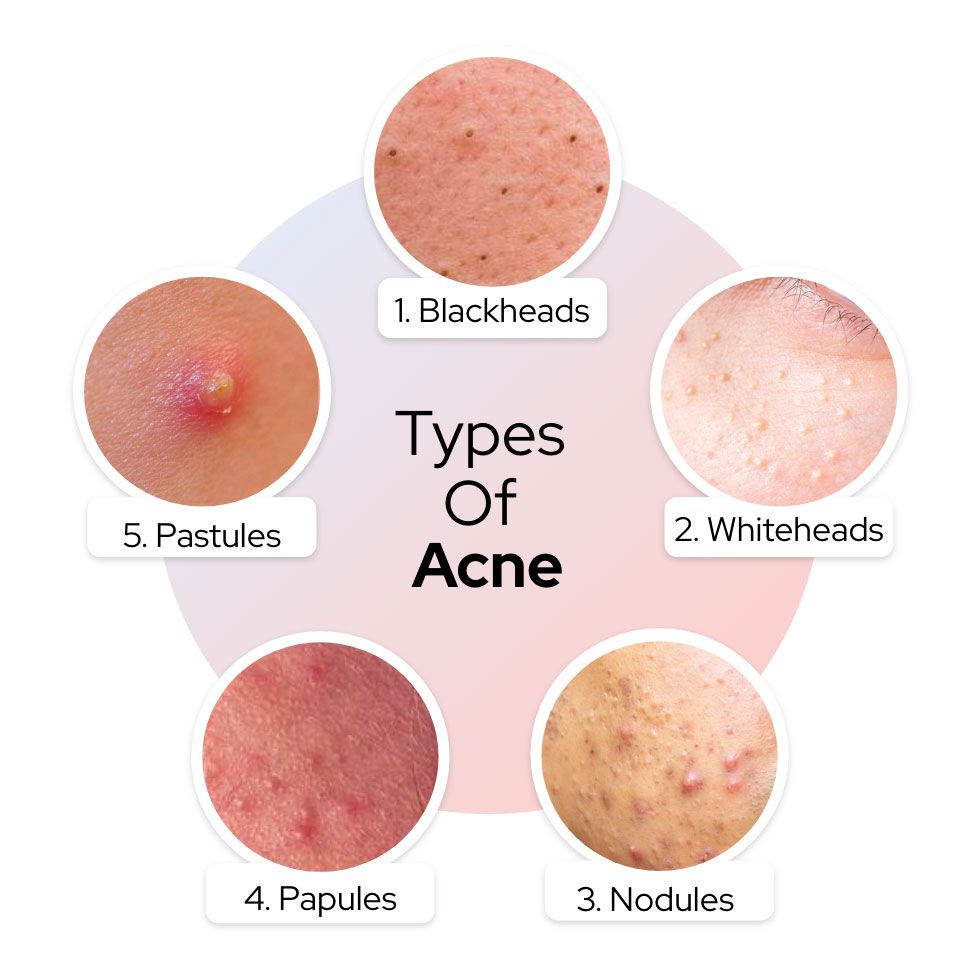
Acne Vulgaris (Acne), Bradford
Everything you need to know about Acne but are afraid to find out!
Acne, sometimes called Acne Vulgaris, is a very common, long-term skin condition that is caused by the blockage of hair follicles by naturally occurring oils and dead skin cells. Acne tends to affect teenagers (about 95% of young people aged 11 to 30 have been or are still affected by acne to some degree) but it can affect any of us at any age. Acne does tend to improve with age but it can take several years before symptoms begin to improve, often during a person’s 20s and by the age of 35, the percentage of people with acne has fallen to 3%. Unfortunately by that time scarring has often developed which requires treatment of a different kind to improve the look and texture of the skin however this can only be offered once the acne is under control.
What does Acne look like?
Acne varies from person to person and at Jayne Taylor Aesthetics in Bradford, we see every stage of the condition starting with a few blackheads or one or two pimples through to severe cases which by that stage have not only affected the patient physically but psychologically too, resulting for some, in anxiety and depression.
The most common signs are:
- Blackheads: open blocked pores
- Whiteheads: closed blocked pores
- Small red sore bumps: Papules
- Pimples: papules with pus at the tip
- Large solid, painful lumps under the skin: nodules
- Painful, pus-filled lumps under the skin: cystic lesions
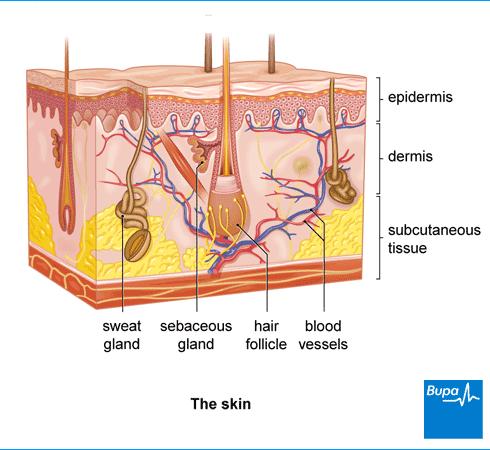
Which areas of my body can be affected by Acne?
Acne can be found on any area of the body but is most commonly seen:
- On the face – almost all sufferers are affected on their face
- On the chest – more than half of sufferers are affected on their chest
- On the back – approximately 15% of sufferers are affected on their back
Can I prevent or treat acne myself?
Figures show very clearly that up to 80% of acne is a result of family genetics. If your parents or grandparents suffered from acne, there is a very high chance that you will too. That said there are a number of things you can do to reduce the risk of developing acne and if you do develop the condition, the sooner you seek professional help, the better the long-term outcome will be.
The shortlist below is “good practice” for all of us and will go a long way towards helping to reduce the risk of developing problem skin:
- Cleanse your face daily with oil-free products
- Remove your make-up every night
- Cleanse your face and shower after exercising
- Wear loose-fitting clothing over any affected areas
- Avoid heavily oil-based make-up or skin care products
- Eat a varied, well-balanced diet
- Drink plenty of water – hydration is key
- Avoid stress where possible
What causes Acne?
Apart from genetics, acne is most commonly linked to hormone changes during puberty. Certain hormones can cause the oil-producing glands found on our skin to produce excessive amounts of oil which then go on to block the adjacent pores. This excessive oil production changes the action of a usually harmless bacteria found on the skin called P.acnes which then produces redness (inflammation) and pus. Because the hormones also affect the lining of hair follicles by thickening them, this also causes blockages which are impossible to clear by cleansing alone.
When should I seek professional help?
Fans of Jayne (all of us!) already know that she is an ambassador for great skin and that can only be achieved by great skin care. Jayne would be the first person to advise you not to wait until you have a problem before taking care of your skin. After all, it is your largest organ. You expect to have to look after your heart and lungs, so why not your skin? Good habits breed great skin so start today, “Prevention is better than the cure” is an old, but very true adage and is certainly pertinent to acne.
Acne treatment is a commitment in itself. An injection or a short course of tablets will not do the trick. It can take months to see a real improvement. As with most treatments, the cure for acne starts with a skin consultation. One-to-one time with Jayne where she can examine your skin, your lifestyle, and your concerns and produce an individual treatment plan to work with you to successfully treat your acne. Your personalised plan absolutely will involve the use of specialist skin care products specifically chosen for you. It may also involve specialist medical grade facials e.g. HydraFacial, skin peels, micro-needling and light therapy.
Clinical treatment also comes in many different forms, prescription-only topical retinoids (Vitamin A which helps to unclog pores by boosting the production of new skin cells) are an option as well as topical antibiotics, antibiotic tablets and Azelaic acid (a cream, foam or gel used to treat inflamed acne which kills the bacteria that causes acne) to name a few. Hormone therapies are also a potential treatment for women particularly if the acne flares up around your period. One size does not fit all when it comes to the treatment of acne but there most definitely is something for everyone and Jayne is an expert in helping you access what is right for you.
If you are reading this blog and are unhappy or upset with your skin, trust us, it can be improved. You can feel better about how you look. Help starts with a consultation. It’s as simple as making an appointment. Start today.
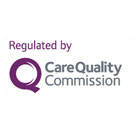
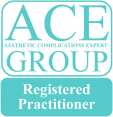
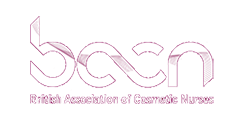



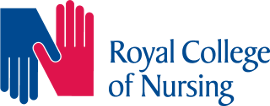


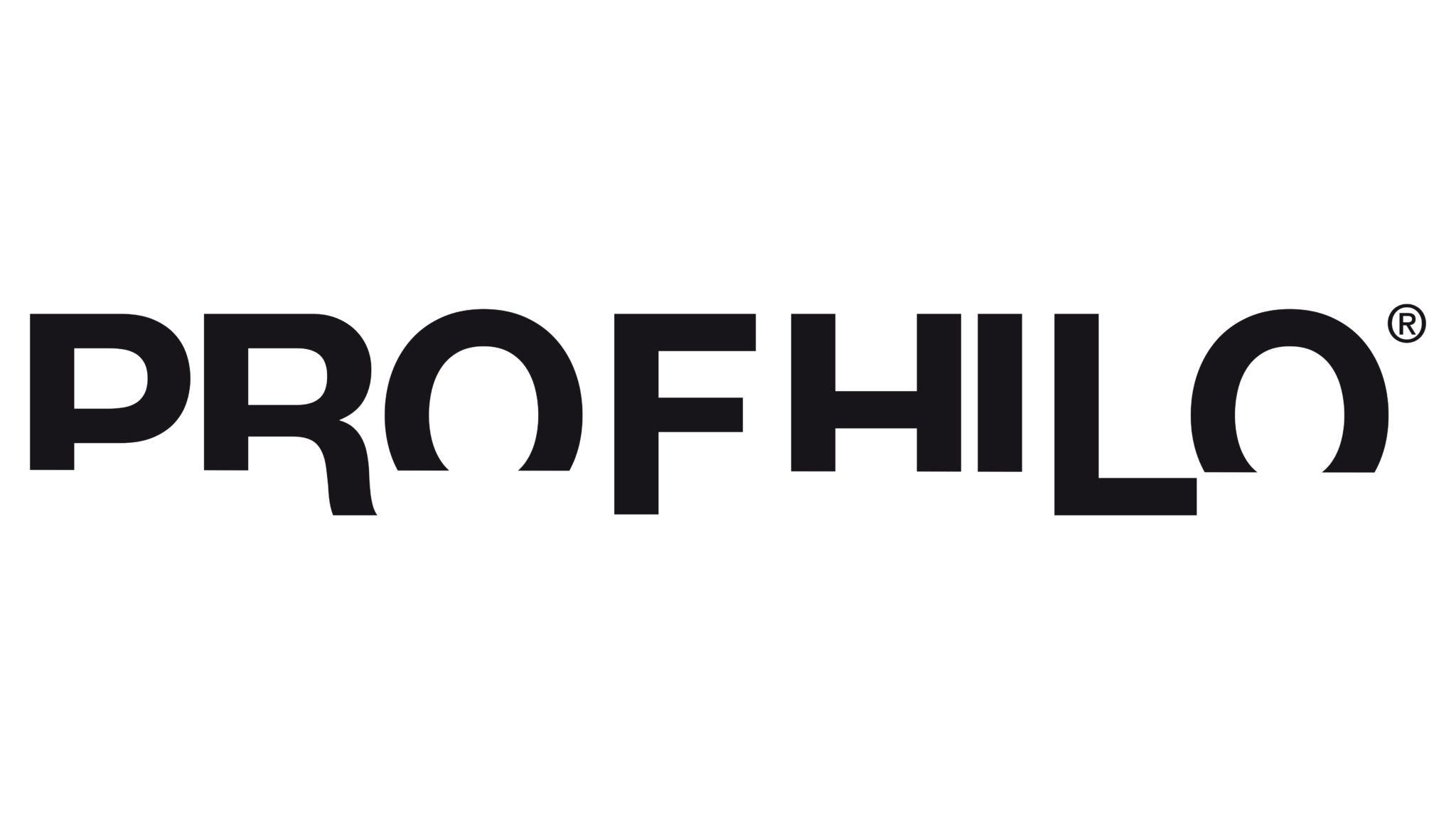
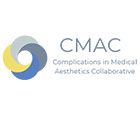


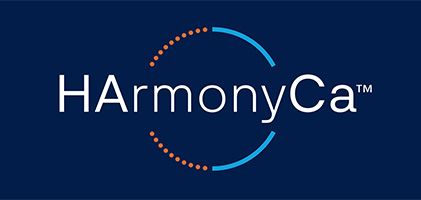

 Simply pop your details below to download your brochure pack.
Simply pop your details below to download your brochure pack.